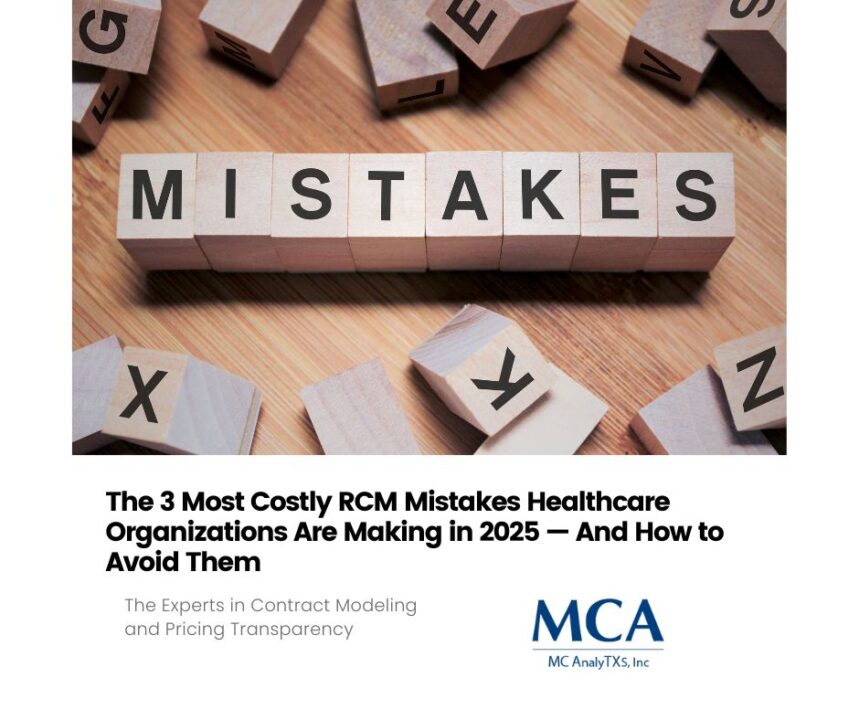
Health Care Hiring Trends in 2023
February 7, 2023
What Hospital CEOs Need to Know about the Biggest Challenges Today
February 20, 2023Mental health and substance abuse are now more prevalent than ever before. This isn’t just a problem in America, either—it’s a global epidemic. As a result, demand for behavioral health services is on the rise, and hospital CEOs are feeling the pressure to meet that need. Let’s take a look at how hospitals are adapting to an increase in demand for behavioral health services.
The Impact of Behavioral Health on Hospitals
It’s no secret that mental health issues have been on the rise since the pandemic began. In 2020 alone, emergency department visits related to mental health rose by 35%. As the demand for behavioral health services continues to grow, hospitals must adapt in order to provide care for those who need it. This means increasing staffing levels, expanding their physical space if needed, and investing in technology that can help them better manage patient flow. Additionally, hospitals must ensure they’re providing adequate resources so that staff members can handle the increased workload without burning out.
Strategies Hospitals Can Use to Meet Demand
The first step hospitals should take when preparing to meet increased demand is to assess their current capabilities. What type of infrastructure do they have in place? Are their staff members adequately trained? Do they have enough resources? Once they’ve identified any potential gaps in their system, they can develop a plan of action to address those needs. This might include training existing staff members on new protocols or hiring additional personnel with specialized skill sets. It could also involve investing in technology or expanding their physical space if necessary.
Hospitals also need to be mindful of their revenue cycle when planning for an increase in patient volume. They should make sure all processes are running smoothly—from appointment scheduling and registration through billing and payments—and consider investing in software or other tools that can help streamline operations and reduce errors throughout the process.
The demand for behavioral health services is growing steadily as mental health issues become increasingly common across the globe—and hospital CEOs must keep up with this trend if they want to remain competitive and provide quality care for patients who need it most. By assessing their current capabilities, developing a strategic plan of action, investing in technology and personnel, and streamlining their revenue cycle processes where possible, hospitals will be able to meet this growing demand head-on with confidence.





